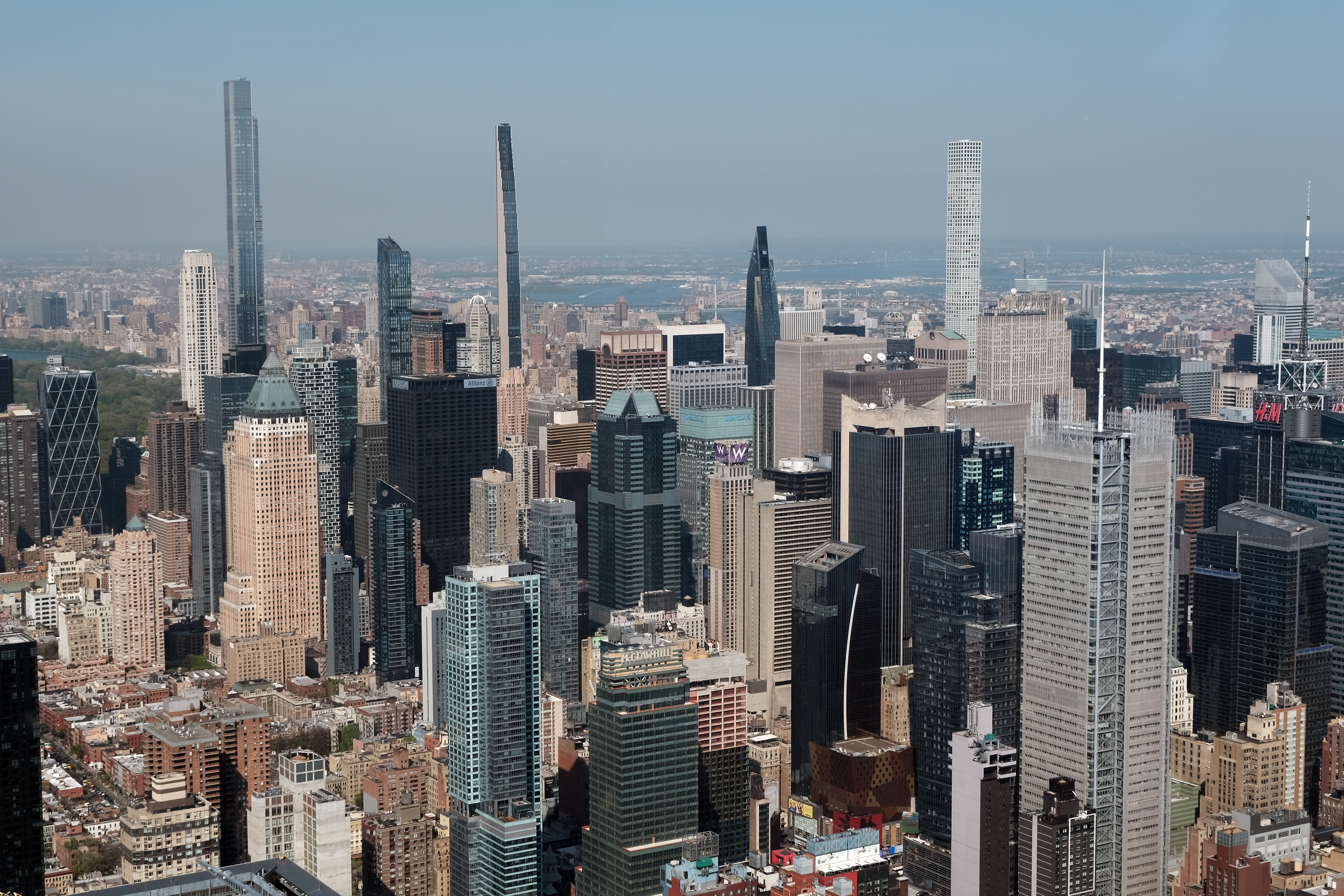In the market for a house in the Hamptons? Be prepared to pay up.
While it's no shock that homes in the posh area of Long Island will cost buyers a pretty penny, it's actually more expensive than ever to get a piece of the highly sought-after real estate. The average price for a home in the Hamptons hit a record $3 million in the first quarter of 2023, up 18%, according to a report from Douglas Elliman and Miller Samuel.
Real estate experts say fears of recession, layoffs in tech and finance, rising mortgage rates and market volatility aren't stopping the wealthy and uber-wealthy from getting into bidding wars in order to buy in the most highly regarded neighborhoods on long island. Case in point: There is currently an inventory shortage of beach homes in the area.
Get Tri-state area news delivered to your inbox.> Sign up for NBC New York's News Headlines newsletter.
“We have more buyers than sellers,” Todd Bourgard, CEO of Douglas Elliman’s Long Island, Hamptons and North Fork region, told CNBC. “The buyers are out there.”
For comparison's sake, the average price of a home in the Hamptons is now more than $1 million higher than the average sales price in Manhattan, traditionally one of the priciest places to buy a home (especially in these neighborhoods). That price gap is the largest since it started being tracked in 2005, according to Miller Samuel.
Mega homes seemed to be selling the most during the early part of this year, as a 6.7-acre estate in East Hampton sold for $91.5 million in March, more than twice what it sold for in 2020, CNBC reported. A 3,000-square foot home in Montauk once owned by Bernie Madoff sold for $14 million. A modern, 5,500 square-foot oceanfront home in Bridgehampton sold in an off-market deal for around $35 million, brokers said.
Small homes are also seeing quite a bump as well, evidenced by a mobile home in the Montauk Shores community that sold for $3.75 million.
Perhaps the only cause for concern regarding the sales is the overall lack of total sales. The sales volume in the first quarter fell 57% — reaching levels not seen in 14 years (during the previous recession), Miller Samuel said.




